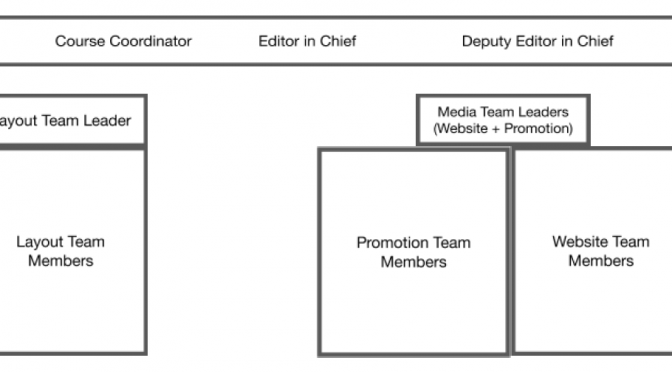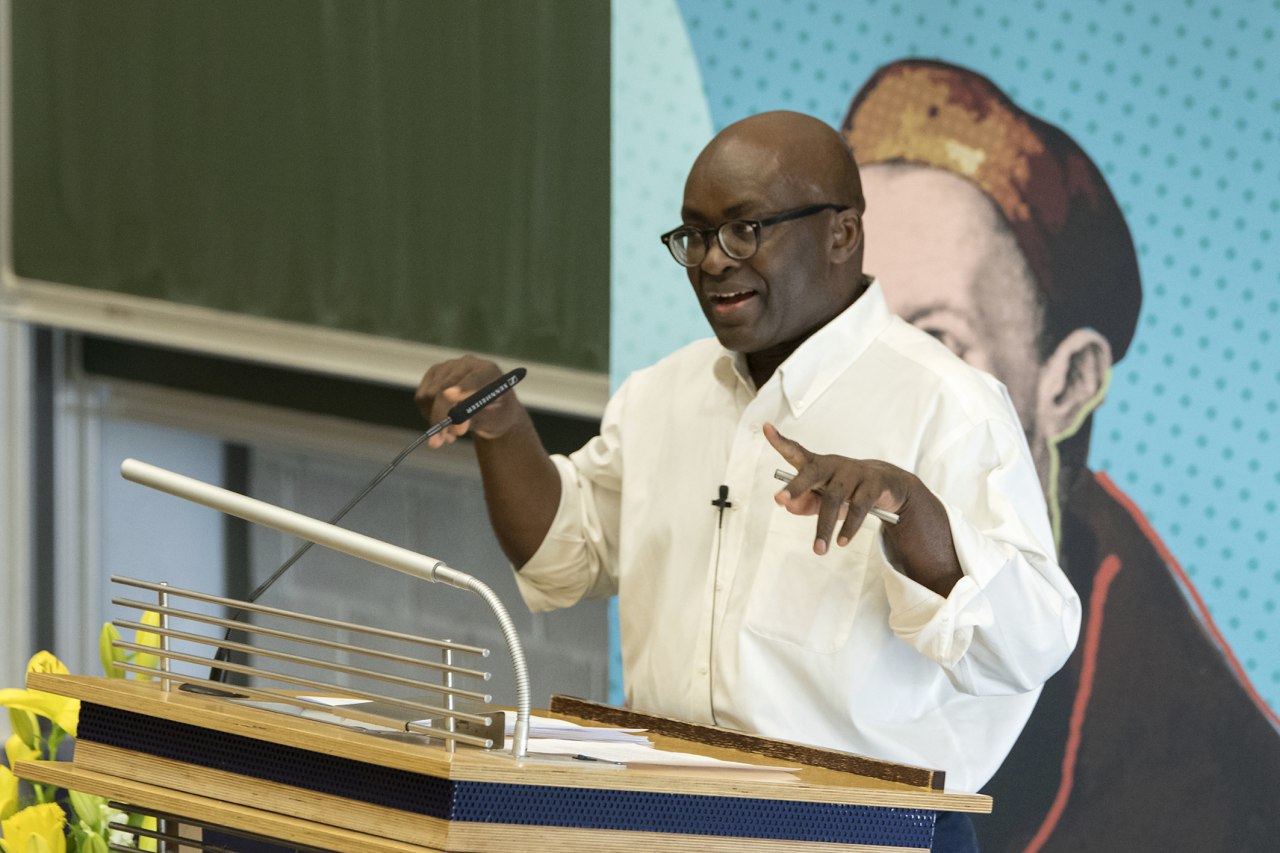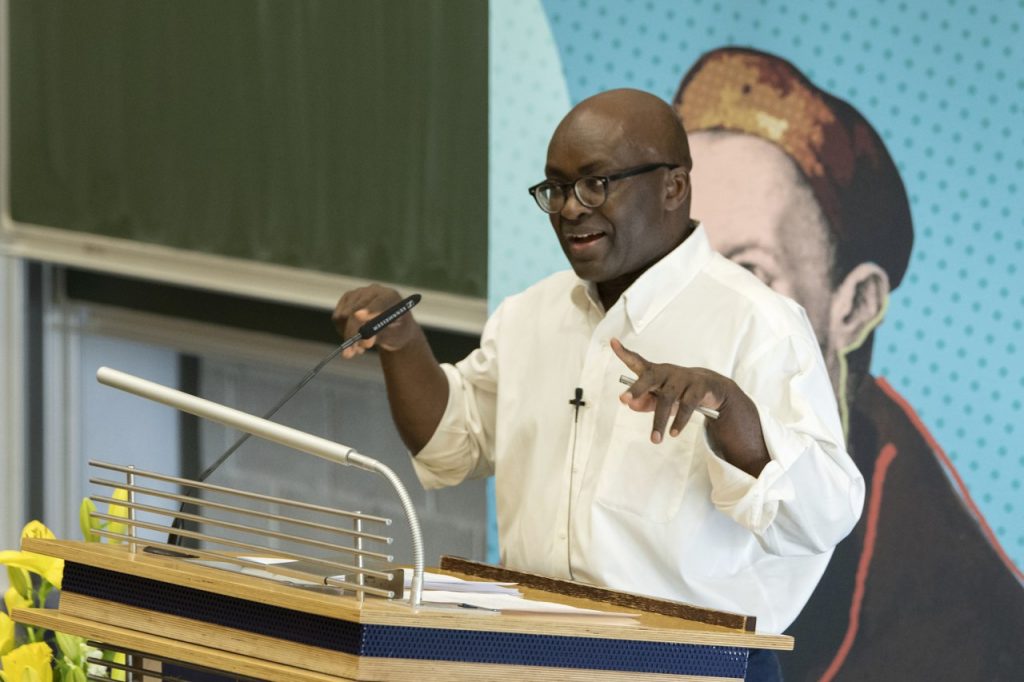Coronavirus has hit us all very hard. It started with a couple of cases in China and, suddenly, the whole world was on lockdown. Among other things, restaurants had to close their doors overnight. I wanted to know what has changed for the staff of restaurants and bars, so, I went downtown to talk to an employee of the Enchilada. Her name is Lisa and she has been working as a waitress there for one and a half years now. Due to the loosening of regulations for social distancing, we were able to have a face-to-face interview in the restaurant.
For those of you who don´t know the Enchilada, here’s a quick briefing: The Enchilada is a Mexican restaurant and bar in Augsburg’s city centre. It’s a member of the Enchilada Franchise Group, just like the Ratskeller, Dean & Davids, Aposto, and many more.
What did a usual day of work look like before Corona? How many people were here? How many employees?
That depends on the day. On business days, there were only up to three waiters, one or two bartenders, and three people in the kitchen. The weekends were a whole different situation: we have seven different areas in the restaurant itself and ideally, there is a waiter for every area. On top of that, there were five or six bartenders. Even in the kitchen, we added an extra dishwasher. So, is a lot happening here on weekends.
Ok, thank you for that insight. Let´s talk about the present. A lot has changed, obviously. Which precautionary measures did you take, especially in the beginning?
Everything happened so fast. I was working on Saturday and by Tuesday we had to shut down completely. None of us could attend to work for four weeks. Our boss managed all the orders via Boxbote together with just one cook. After a while, he decided to join Lieferando, and customers could book their meals over the phone and fetch them later. From that moment forward we had one additional waiter in here – two on the weekends – and three people in the kitchen. We’ve also changed our business hours: normally, they would be from 6 pm until 1 am, but now we work in two shifts. One from 11 am until 2 pm and another one from 5 pm until 10 pm.
How was the mood among the employees, especially when you weren´t going to work? Did you know how it would all turn out?
Right at the beginning when we couldn´t do anything – not even leave the house – we met on Zoom. As nobody knew how the whole situation would develop, we were a bit worried. I can´t speak for my colleagues but I was really concerned after a while, especially after the situation got a little bit out of hand and the media reports went crazy. But now I work on a regular basis – although it´s not as frequent as it used to be – and I am grateful for that. Because we met on Zoom, nobody was really intimidated by the whole situation.
So, your boss didn´t have to fire anyone? They´re all still here?
Yes, he didn´t have to. We made it through fully staffed.
That´s very good. Well, Lisa, I heard that the Enchilada gives away vouchers for customers who fetch their food all by themselves. Is that correct?
Exactly.
Are there any other offers?
We’ve created some packages for Lieferando. Those are whole menus the costumers can order. On Boxbote we put up three different cocktail packages. On top of that, we started a prize game and put a ticket in every bag. Right at the beginning, we had some complimentary gifts, but they were gone pretty fast.
Regarding the cocktails: I can´t quite figure out how it works. Aren´t cocktails supposed to be iced? Doesn´t that ice melt until it reaches the customer?
That works well. Lieferando’s and Boxbote’s radius for delivery isn´t that big. Especially for longer distances, Lieferando goes by car. And we only finish creating the cocktails when the food is ready, and the delivery man is in the restaurant.
There were no complaints about melted Margaritas?
Not that I would know of. As I said, we finish them last and from there on everything should happen very fast.
Ok, we´re about to come towards the end of this interview. Slowly but steadily restaurants get to open again. What precautions are going to be made? Will there be a bouncer? Do you know anything about that?
I know a little bit. For a long time, our boss just wanted to wait because there were new restrictions every second day. But now we know more. We had a bouncer on the weekends even before Corona. On top of that, we have to check IDs because – from what it looks like – only two households are allowed to meet. But as the number of people at one table is limited to four, we need to check if they´re really just from two different households. As I said, there will be a bouncer on weekends. If there are people sitting at the tables outside, they don´t need to wear masks. But as soon as they get up, go to the toilet or even just go inside the restaurant, they have to put them on. Plus, there always has to be enough distance between costumers at different tables. All employees must slip on their masks just like in any other business right now.
Does the mask bother you?
It’s not the end of the world, but it is exhausting. The employees in the kitchen have a hard time understanding the point of it all. And I think even our costumers will have trouble picking up what we said. But, like I said, it isn’t tragic. As long as I can work, I am happy.
Ok. So, now to my last question: What did you learn for the future? Do you may keep any of your innovations for the long term?
We will definitely stay on Lieferando for a while. Plus, we will have different business hours. We used to open at 6 pm. Now we will be accessible for you at 11 am so people who work in the area can have their lunch break here. Until 8 pm we will grant access to the outdoor area. Afterward, we will stay in the restaurant for two more hours to take care of the orders from Lieferando and Boxbote.
Lovely. We’ve now reached the end of our interview. Thank you very much, Lisa. I wish you all the best.
Thank you.
I talked to Lisa off record for a while after the interview and she told me that she really looks forward to meeting some costumers again at the restaurant and interact with them. The outdoor area of the restaurant is very inviting and – although it is in the city centre – very quiet. So, you should definitely check it out.
The interview took place at the end of May, so some of the information may be outdated by the time you’re reading this article.
author: Celine Bohner





